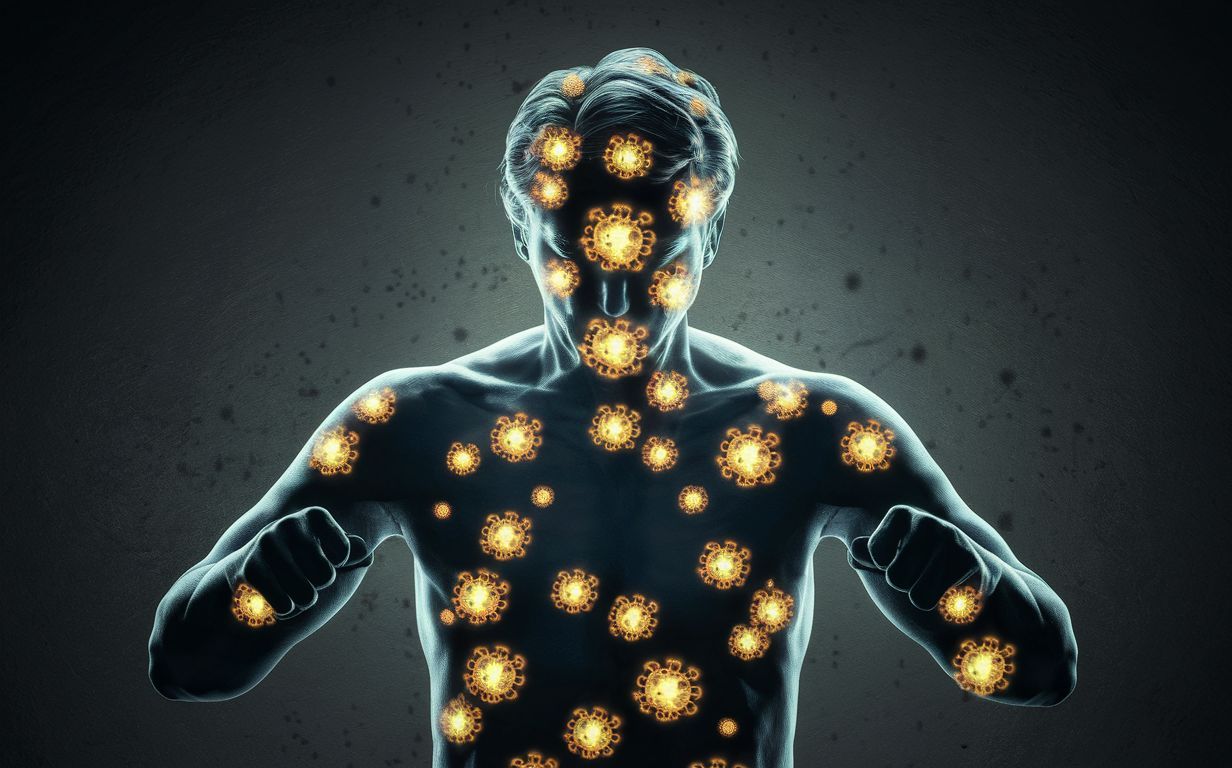Follow us on Google News (click on ☆)
Scientists have identified fragments of SARS-CoV-2, known as COVID antigens, that remain in the blood for up to 14 months after infection and in tissue samples for more than two years in individuals who have contracted COVID-19. This discovery highlights the potential persistence of the virus well beyond the acute phase of the disease, thus providing valuable clues as to why some people develop prolonged symptoms.

UCSF research shows that COVID-19 can remain in the blood and tissues of some patients more than a year after infection, offering insights into the development of long COVID symptoms. Directed by Michael Peluso, the studies reveal that COVID antigens persist in the blood for up to 14 months and in tissue samples for more than two years, suggesting a possible link with long-term health effects.
Credit: UCSF
Dr. Michael Peluso, an infectious disease researcher at UCSF, led these studies. He explains that this research provides some of the strongest evidence to date that COVID antigens can persist in some individuals, even those with immune responses considered to be normal. The findings were presented at the Conference on Retroviruses and Opportunistic Infections (CROI), held from March 3rd to 6th, 2024, in Denver.
In the early days of the pandemic, COVID-19 was regarded as a transient illness. However, an increasing number of patients, including those previously healthy, continue to suffer from symptoms such as decreased concentration, digestive issues, and vascular problems, months or even years later. The researchers analyzed blood samples from 171 people infected with COVID-19. Using an ultra-sensitive test for the virus's "spike" protein, they discovered that the virus was still present up to 14 months later in some individuals.
The study also found that the virus persists for up to two years in tissues, with no evidence of reinfection in the affected individuals. It was detected in connective tissue, where immune cells are located, suggesting that the viral fragments could activate the immune system. According to Dr. Peluso, further research is needed to determine if the persistence of these fragments is the cause of long COVID symptoms and related risks, such as heart attacks and strokes.
Based on these findings, Dr. Peluso's team at UCSF is part of several clinical trials examining whether monoclonal antibodies or antivirals can eliminate the virus and improve the health of those suffering from long COVID.